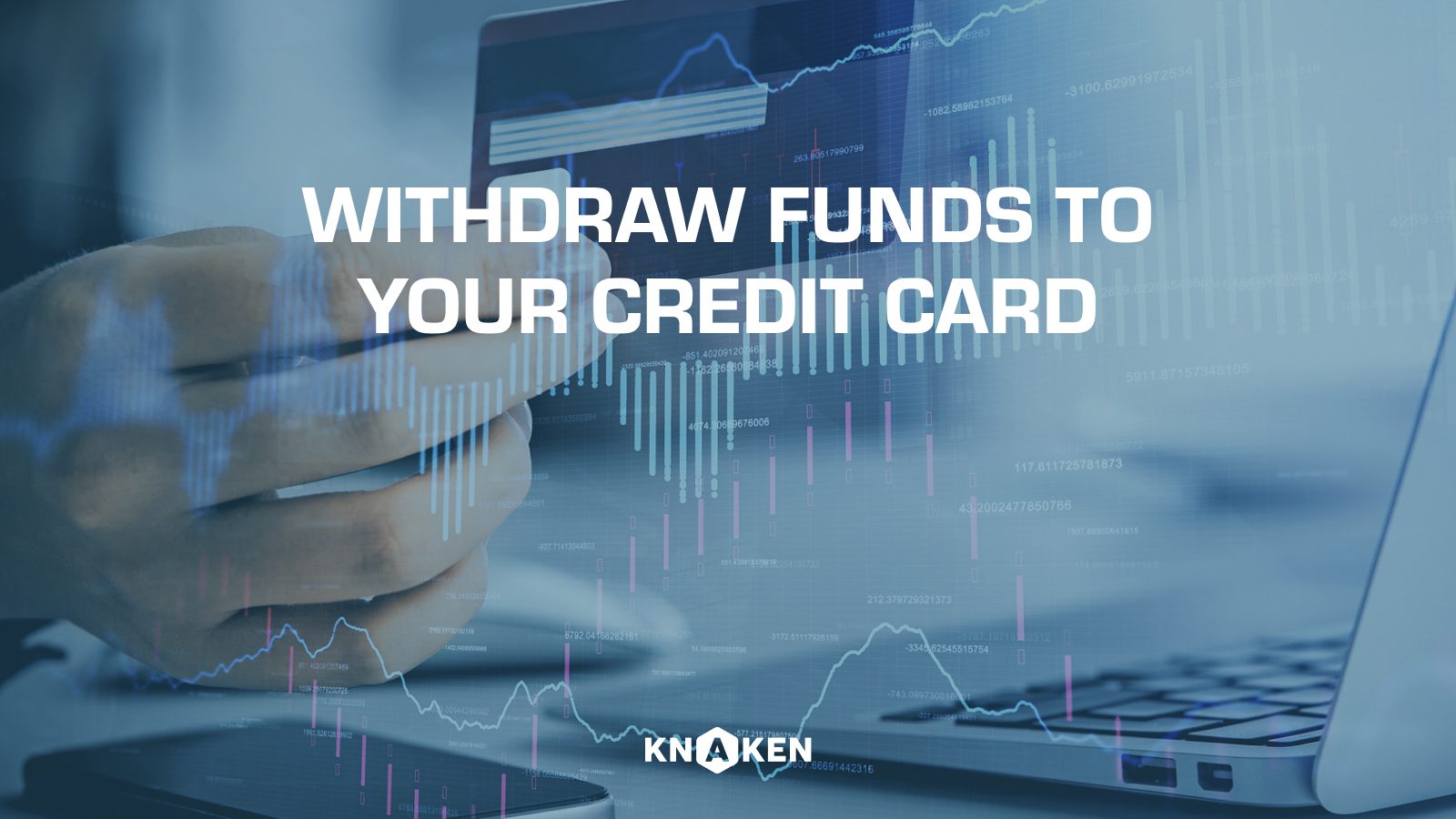Off-Chain: Understanding Off-Chain Transactions in Cryptocurrency
Introduction to Off-Chain
Off-chain refers to transactions or data that occur outside of the blockchain network. In the context of cryptocurrency and decentralized systems, off-chain solutions are utilized to enhance scalability, speed, and overall efficiency. By processing transactions off the main blockchain, these solutions can greatly reduce congestion and facilitate faster decision-making without compromising security or decentralization.
Understanding Off-Chain Transactions
Off-chain transactions involve exchanges that do not require the confirmation or recording on the blockchain. This can include various processes, such as:
- **Peer-to-Peer Transactions**: Direct exchanges between users that bypass the blockchain.
- **State Channels**: Private channels where participants can transact and only submit cumulative results to the blockchain when closed.
- **Payment Channels**: Allow parties to make multiple transactions without recording each one on the blockchain, improving transaction speed.
- **Sidechains**: Alternative blockchains tethered to the main blockchain, enabling interaction without burdening the primary network.
- **Off-Chain Computation**: Complex calculations performed outside of the main blockchain, then reported back with verified outcomes.
Benefits of Off-Chain Solutions
Off-chain systems offer numerous advantages that can significantly enhance the functioning of cryptocurrencies:
- **Scalability**: Reduces the load on the blockchain, allowing for a greater number of transactions to be processed simultaneously.
- **Speed**: Transactions can be executed almost instantly without waiting for confirmation by miners.
- **Cost Efficiency**: Decreases transaction fees since fewer fees are required for on-chain confirmations.
- **Privacy**: Transactions can remain confidential and private since they do not need to be recorded publicly.
- **Flexibility**: Offers a variety of operational methods to meet different use cases across various industries.
Challenges and Drawbacks of Off-Chain Transactions
While off-chain transactions provide distinct benefits, they also pose several challenges:
- **Trust Issues**: Requires users to trust the parties involved in the off-chain transaction, leading to potential risks.
- **Limited Transparency**: Off-chain transactions are not recorded on the blockchain, resulting in reduced accountability.
- **Complications in Dispute Resolution**: Resolving disputes can be more challenging without clear records on the blockchain.
- **Risk of Centralization**: Some off-chain methods, like centralized exchanges, can introduce centralization risks.
- **Connectivity**: Dependency on reliable internet connections for executing off-chain transactions smoothly.
Popular Off-Chain Solutions in Cryptocurrency
Many cryptocurrencies and blockchain projects have integrated off-chain solutions to enhance their efficiency. Some notable implementations include:
- **Lightning Network**: A layer-2 solution for Bitcoin that allows for instant transactions through payment channels.
- **Raiden Network**: An off-chain scaling solution for Ethereum, enabling quick and cost-effective token transfers.
- **Loopring**: A protocol for decentralized exchanges that facilitates off-chain order matching and on-chain settlement.
- **Plasma**: A framework for building scalable applications on Ethereum using off-chain transactions.
- **State Channels in Ethereum**: Used for scalable interactions in decentralized applications (dApps) without burdening the main chain.
Future of Off-Chain Technology
Off-chain technology continues to evolve, presenting new opportunities and scenarios for improving blockchain systems. As cryptocurrency adoption rises, the demand for scalable and efficient transaction systems will increase. The future developments in off-chain methodologies may likely include:
- **Integration with Artificial Intelligence**: Enhancing transaction processes and decision-making.
- **Further Decentralization**: Solutions that promote trustless interactions while maintaining user privacy.
- **Cross-Chain Compatibility**: Facilitating off-chain transactions across different blockchain platforms.
- **Enhanced Security Protocols**: Improving the trustworthiness of off-chain interactions through advanced cryptography.
- **Adoption by Traditional Financial Institutions**: Increasing collaboration between blockchain projects and traditional finance sectors.
Conclusion
Off-chain transactions stand as a pivotal component within the cryptocurrency landscape, providing essential solutions to blockchain limitations. With the increasing need for speed, efficiency, and scalability, off-chain methods will likely play a crucial role in the future development of decentralized technologies. Understanding off-chain operations allows users and developers to leverage their benefits effectively while navigating potential challenges in the ever-evolving crypto ecosystem.


















